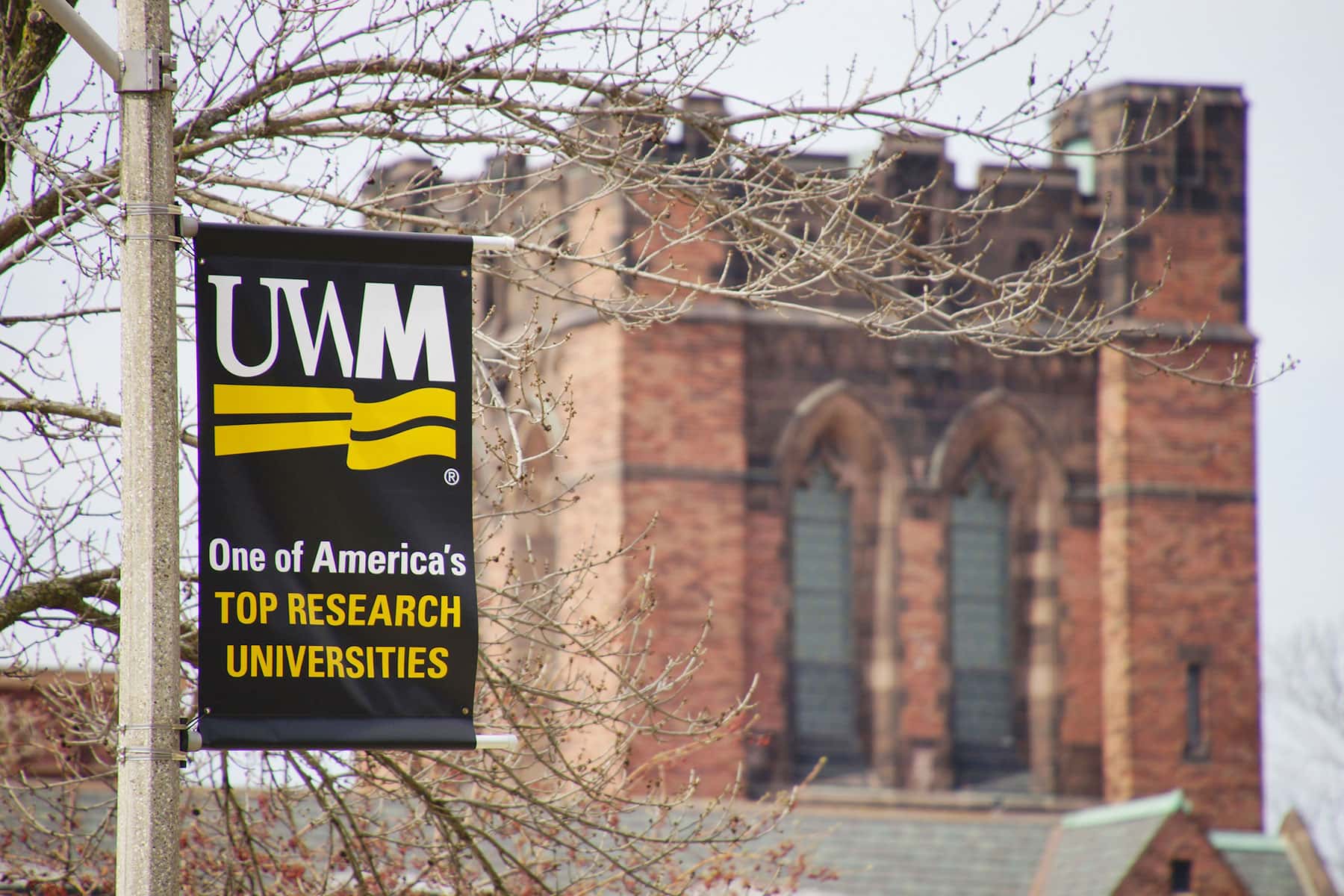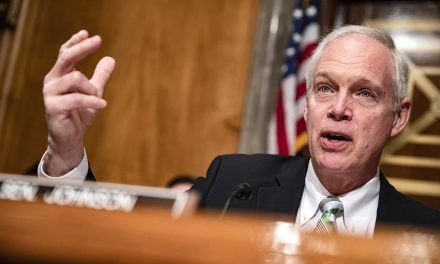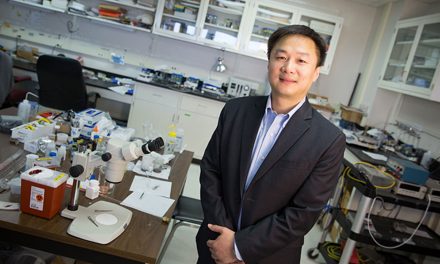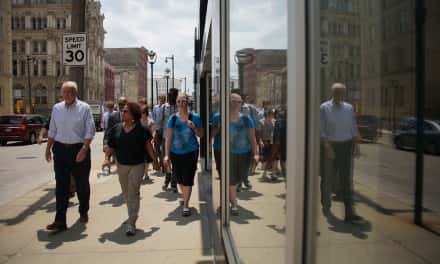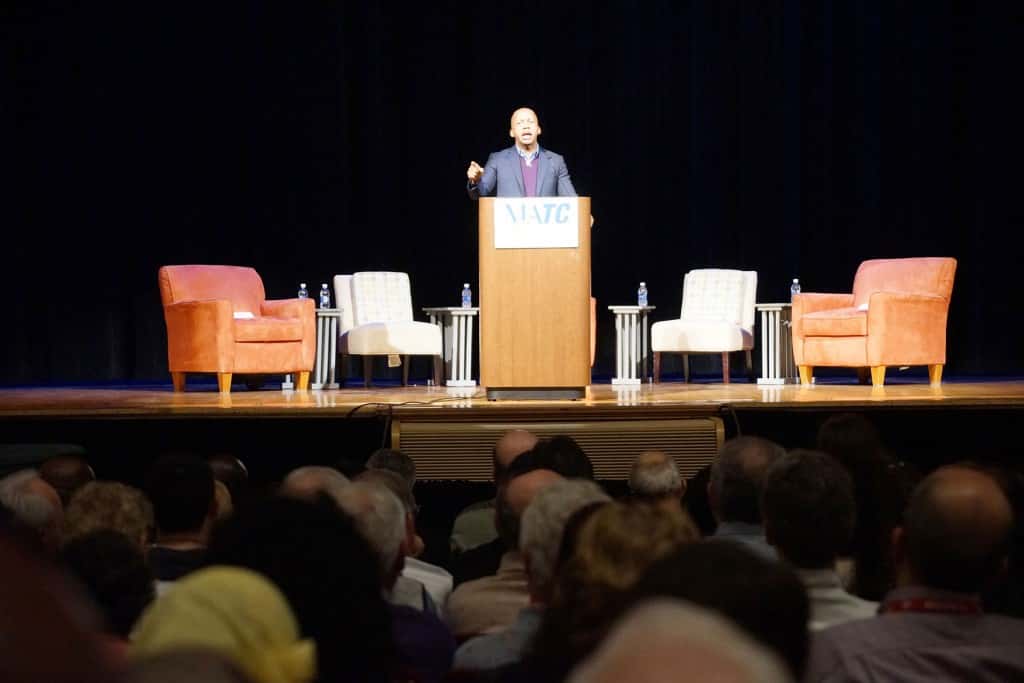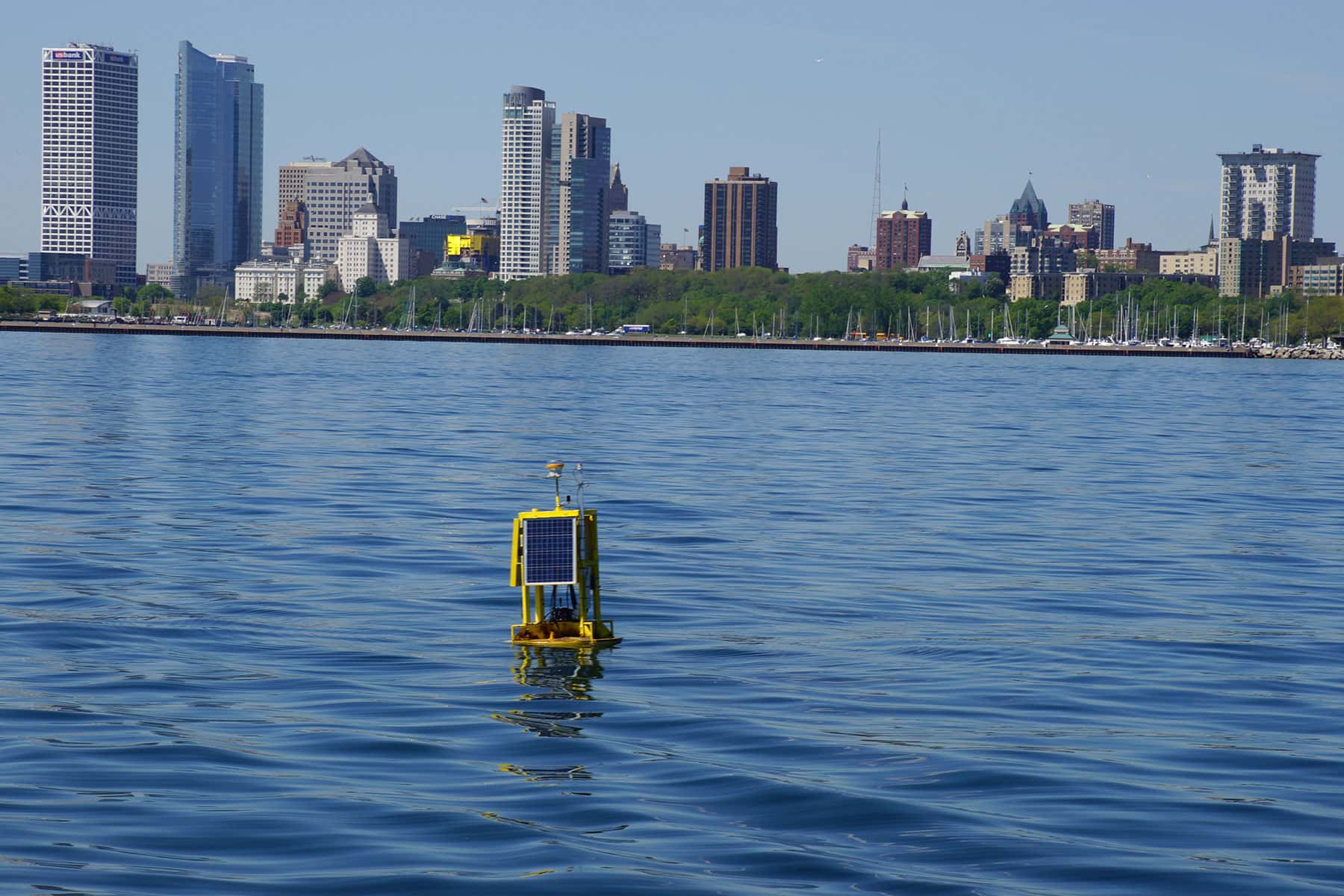
The University of Wisconsin-Milwaukee is the state’s leading sustainable university, according to a recent ranking by the Sierra Club.
The nonprofit environmental organization named UWM to its Top 50 Cool Schools 2017 list. Out of more than 225 participating colleges and universities in the U.S. and Canada, UWM is Number 45.
“Being recognized by the Sierra Club is a wonderful honor, but recognition isn’t what motivates us to be a sustainability leader,” said Robin Van Harpen, vice chancellor of finance and administrative affairs at UWM. “Sustainability is a UWM priority because it touches every corner of the campus community. Energy conservation leads to reduced operating costs, which means more resources for our academic mission. Sustainability brings campus gardens to life and prepares students for emerging career opportunities in environmental and natural sciences. This work will continue because it’s the right thing to do.”
Since launching the comprehensive Cool Schools listing in 2006, the Sierra Club has recognized colleges with best practices in the areas of campus energy use, transportation and other environmental priorities.
“Our rankings spur healthy competition among schools, raise environmental standards on campus, and publicly reward the institutions that work hard to protect the planet,” the Sierra Club said.
“The bar has been raised for us to achieve even more with this recognition,” said Kate Nelson, chief sustainability officer at UWM. “To make this list when we’ve had a dedicated Office of Sustainability for only 10 years says a lot.”
She credits the university’s Energy Matters program, which renovates older university buildings to meet 21st century standards of energy efficiency, in saving taxpayer dollars and creating a more comfortable campus environment. Over seven years, UWM has saved more than $17 million in energy costs. The program also helped UWM achieve another esteemed environmental ranking: gold status from the Sustainability Tracking, Assessment & Rating System that is the national framework colleges and universities use to gauge sustainable practices.
But if UWM has a sustainability “superpower,” Nelson says, it might be the university’s ability to infuse environmental awareness and connections to Milwaukee’s natural resources into faculty research and student coursework.
“We have sustainable curriculum in nearly every UWM school and college, and this happens because it’s a shared campus value,” Nelson explained. “Think of the commitment that’s demonstrated in everything we have going on at the UWM School of Freshwater Sciences, or the College of Engineering’s work with microgrids and renewable energy.”
In 2018, the campus Sustainability Office will prioritize a new waste reduction strategy for UWM and a coalition-based approach to enhance environmentally friendly practices across the UW System.
“We want to stay on the Sierra Club’s Top 50 list, but it will require more resources, consistent documentation of our progress and the continued support of our partners campus-wide,” Nelson said. “We’re looking forward to an exciting year.”
© Photo
Lee Matz

